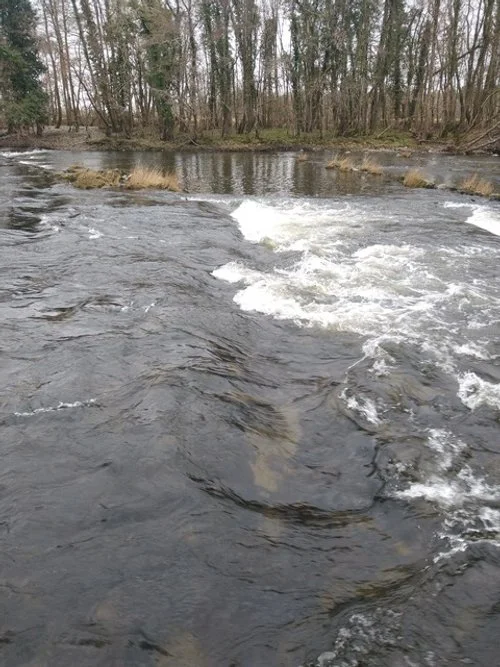The UK has lost nearly half of its biodiversity since the Industrial Revolution. It has fared worse in this respect than most countries in the EU, the G7 and China. It is consistently in the bottom 10% of nations in the Biodiversity Intactness Index. According to the Royal Society, the abundance of the UK’s estimated 70,000 known species of animals, plants, funghi and microorganisms is declining.
BIODIVERSITY AND LAW : PART 1: EUROPEAN UNION
In December 2022, chaired by China and hosted by Canada, the Parties to the Convention on Biological Diversity reached agreement on the Kunming-Montreal Global Biodiversity Framework an ambitious set of commitments aimed at halting and reversing biodiversity loss and the accelerating rate of species extinctions now thought to threaten 1 million species.
BIODIVERSITY AND CHALK GRASSLAND
I recently had the opportunity to join a guided walk across chalk grassland at the National Trust’s site at Devil’s Dyke and Saddlescombe Farm, near Brighton in Sussex, led by the Trust’s Lead Ranger Dan Fagan. It was a reminder of how much more you can see and learn about in the company of an expert guide. As well as enjoying spectacular countryside and views, we learned about the huge pressures on England’s chalk grassland, 80% of which has been lost since the 1940s, and the real value of this critical habitat.
R (FINCH) v SURREY COUNTY COUNCIL – SUPREME COURT HEARS LEGAL CHALLENGE ON ONSHORE OIL DRILLING AND ENVIRONMENTAL IMPACT ASSESSMENT
UK JOINS CPTPP TRADE BLOC
UK GOVERNMENT’S ‘PLAN FOR WATER’: THE GOOD, THE BAD AND THE UGLY
Reading long government policy documents sometimes resembles the feeding patterns of the Whale Shark. You need to swallow oceans of print to find the fragments of policy plankton that suggest what is really going on. These are some initial reflections on the UK government’s Plan for Water announced on [ ] April 2023, and their implications in particular for England.
RETAINED EU LAW BILL IN HOUSE OF LORDS: CBI JOINS CHORUS OF CRITICISM
UK GOVERNMENT FORGES AHEAD WITH BILL WHICH COULD REVOKE 1,100 BASIC ENVIRONMENTAL LAWS
EU CORPORATE SUSTAINABILITY REPORTING DIRECTIVE BECOMES LAW
EU’S PROPOSED NATURE RESTORATION LAW
In June 2022 the European Commission proposed a major Nature Restoration Law for the European Union. It has still to be debated and agreed across the Member States and the European Parliament, but it represents a very important initiative. The Kunming-Montreal Global Biodiversity Framework in December 2022 concluded negotiations at COP15 of the Convention on Biological Diversity. Biodiversity internationally is in crisis, with a million species at risk of extinction.
RETAINED EU LAW (REVOCATION AND REFORM) BILL IN COMMITTEE: AND IT NOW COVERS 1,100+ ENVIRONMENTAL LAWS
ENVIRONMENT AGENCY CEO PROPOSES LOWER WATER QUALITY STANDARDS
RETAINED EU LAW (REVOCATION AND REFORM) BILL PASSES SECOND READING
On 25 October 2022, the same day that Rishi Sunak became Prime Minister, the Retained EU Law (Revocation and Reform) Bill was given its Second Reading in the House of Commons, and will now go for consideration in a Public Bill Committee. The Bill contains a sunset date of 31 December 2022 for 2,400 pieces of “retained EU law”, including 570 pieces of environmental law. By this date these laws will be revoked, unless they are re-enacted or replaced by whatever alternative Ministers or the Devolved Administrations consider appropriate.
ENVIRONMENTAL TARGETS: MISSING, INACTION
On 29 October 2022 the new Secretary of State for Environment, Food and Rural Affairs, Therese Coffey, announced that the UK government was unable to meet its own statutory deadline of 31 October 2022, set in its own Environment Act 2021, for setting the minimum number of key environmental targets required by that legislation. It is apparently still working through the 180,000 responses from the public about its earlier consultation on environmental targets.



















